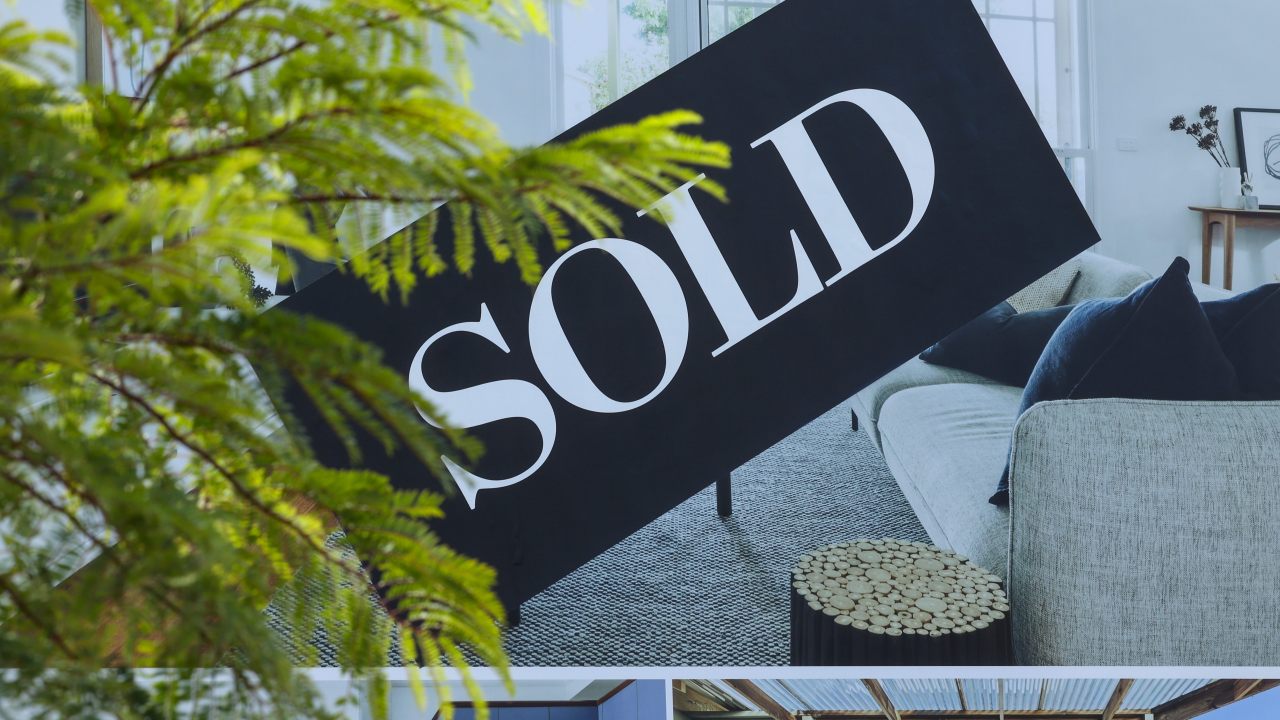Victorians believe no one will benefit from the state government’s latest initiative to reduce the cost of energy in rental properties.
Last week, the state government proposed new minimum rental standards in a bid to make rental properties more energy efficient.
Under the changes, rental providers would need to ensure their property meets a minimum requirement for ceiling insulation where the dwelling has none installed, has draught sealing and include weather seals on all external doors.
It would become mandatory for property owners to replace hot water and heating systems with more cost-effective and energy-efficient counterparts – when said appliances require replacement.
The new and improved appliances are expected to knock around $567 per year off tenants’ energy bills but could cost landlords thousands – a cost which will inevitably fall back onto tenants when property owners hike rents to compensate for the additional costs.
Minister for Energy and Resources Lily D’Ambrosio said on Tuesday the Victorian government was “committed to helping renters meet the challenges of increasing cost of living”.
“When it comes to energy, we know that when there are better appliances in a rental property the renters are in a stronger position to save money and get that cost of living relief,” she said.
The proposal comes with recommendations from Friends of the Earth, who are pushing for mandatory energy performance disclosure as well as judging a landlord’s tax return on their building’s energy efficiency as a means to incentivise property owners, who claim that it is “reasonable” to assume that “renters are being left behind in this clean energy revolution”.
“There is no legal or economic reason for landowners to upgrade their rental property; they wear the expense and don’t recover the costs so it would be an act of pure altruism for a rental provider to upgrade their property’s thermal efficiency or inefficient appliances, even with state government subsidies for upgrades,” the Friends of the Earth report reads.
“With no government incentives or policies to mandate efficiency or fuel switching measures for rental providers, we can expect that renters will continue to be stuck with some of the most inefficient houses in the state that are harder to heat or cool, and locked into using gas for cooking, space heating and hot water.”
Landlords and tenants have revolted at the news of the proposal, criticising the government’s latest move and highlighting the inevitability of the increase in spending landing in the lap of the tenant regardless.
“I don’t need heating or cooling in my rental, I can service my own smoke alarms and lighting. I don’t have a lot of money, so all I really want is a cheap place to sleep. All of this legislation just forces up my personal cost of living,” one tenant wrote on X.
“I agree with the fact the basics of heating/cooling of a rental home should be part of the supply. I also agree that rental costs should increase to cover this – just factored in over an extended period. Rental homes are product like any other,” wrote another.
“When you rent in Singapore, the standard rental agreement includes a tenant responsibility for quarterly cleaning and servicing of the air conditioning system. When silly @LilyDambrosioMP forces air conditioners into rental properties for both heating and cooling, meaning they will run year-round, does she understand the need for periodic maintenance? Who does she think will pay,” one person wrote.
“Woke Victorian Government belting Mum and Dad property owners who are just trying to hang onto to their retirement plan. Here comes more rental increases,” another said.

